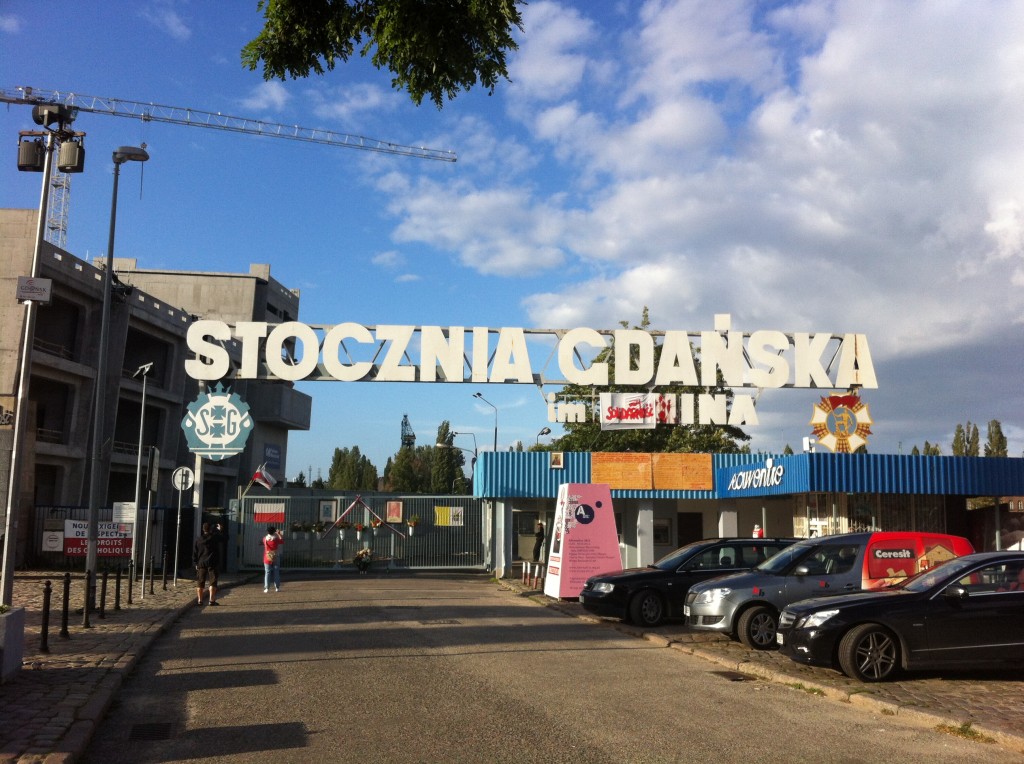In case you were wondering where the name of my project comes from: I took it from a ballad by German poet Agnes Miegel, who was (like my grandmother) born in East Prussia, lived there most of her life and, like many other people, fled to the West before the advance of the Red Army in 1944/45. She wrote this moving poem about the refugee treks entitled ‘Wagen an Wagen’, ‘Wagon by Wagon’. I attempted a clumsy English translation of the relevant excerpt below:
Wagon by Wagon
Around All Souls’ Day
In the dark night,
When stand before us,
Those who will always be missed in our hearts anew, —
Memory awakens
Of old churches, the hills in the field,
Where they sleep, fathers and neighbours joined
In lost homeland across the sea, —
And of all who died helpless and alone,
Of all who wasted away sinking into the ice,
Who nobody buried but water and snow,
On the way of our flight, the way without mercy!
—
Den Namen für diese Projekt habe ich übrigens einem Gedicht der deutschen Dichterin Agnes Miegel entnommen, die (wie meine Grossmutter) aus ihrer Heimat Ostpreussen nach Westdeutschland flüchten musste. Das Gedicht trägt den Titel “Wagen and Wagen” und befasst sich mit dem Schicksal der ostpreussischen Flüchtlingstrecks 1944/45. Hier der relevante Auszug:
Wagen an Wagen
Um Allerseelen
In der dunklen Nacht,
Wenn vor uns stehen,
Die immer neu unserem Herzen fehlen, —
Erinnrung erwacht
An die alten Kirchen, die Hügel im Feld,
Wo sie schlafen, Vätern und Nachbarn gesellt,
In verlorener Heimat über der See, —
Und an alle, die hilflos und einsam starben,
An alle, die sinkend im Eis verdarben,
die keiner begrub, nur Wasser und Schnee,
Auf dem Weg unsrer Flucht, — dem Weg ohne Gnade!





